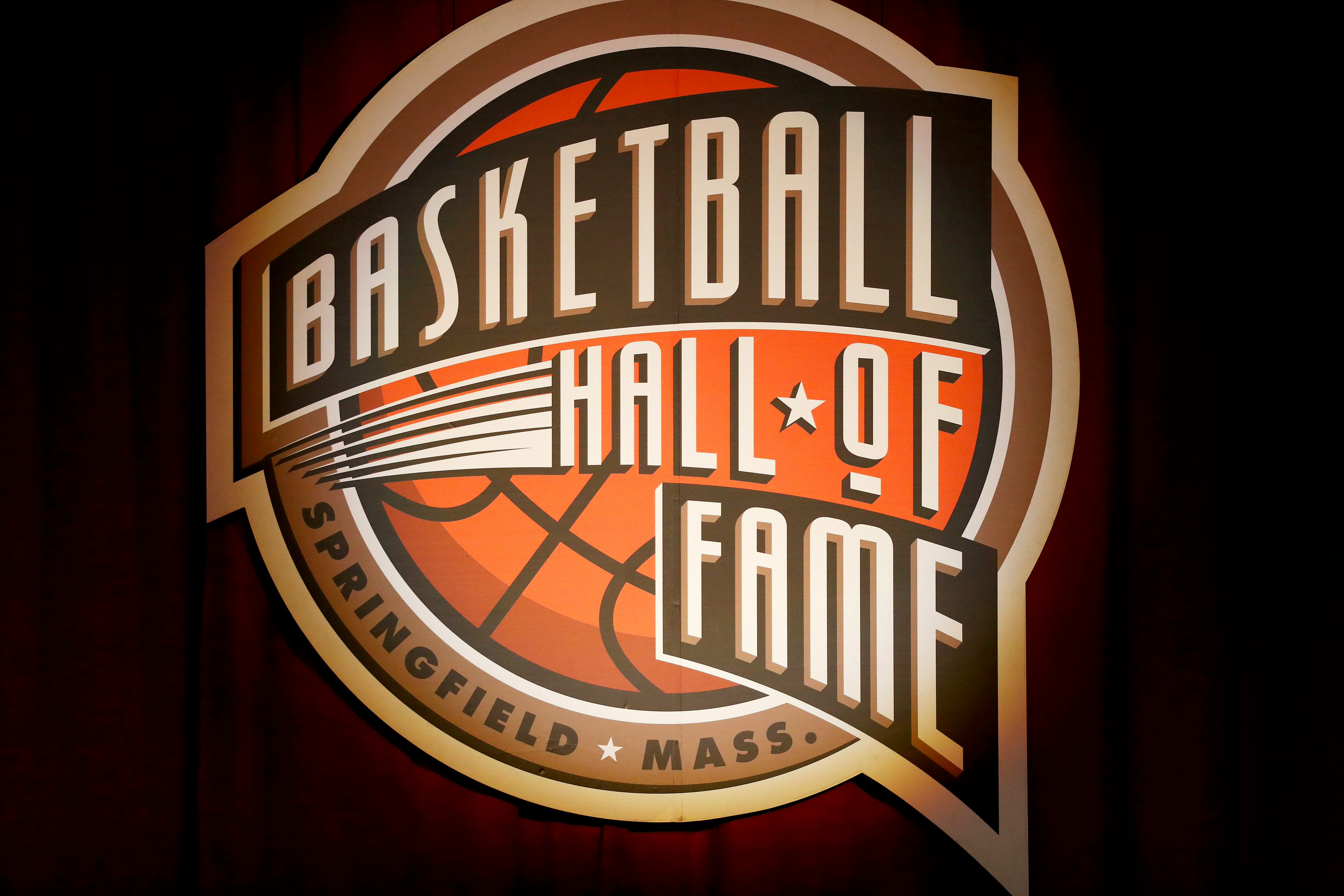Major League Baseball has Cooperstown, New York; the NFL has Canton, Ohio; and the NBA has Springfield, Massachusetts. There’s a clear difference between those three Halls of Fame, however. The Basketball Hall of Fame isn’t exclusive to NBA players. Far from it. The game’s all-time greats are enshrined there, but some come from high school, college, the WNBA, and the international ranks.
That’s fine, in theory, but it’s led to the Basketball Hall of Fame becoming overcrowded and has been compounded by the fact that the standards aren’t exactly the highest. In fact, there are over 400 members, and 13 more are set to be inducted this year.
Compare that to Major League Baseball’s Hall of Fame, which has only 340 members, despite being founded 20+ years earlier. It is notoriously difficult to get into, but at least people know how high the bar is. The Pro Football Hall of Fame is similar with 346 members, making the Basketball Hall of Fame the easiest of the three major sports to get into.

2019 Basketball Hall of Fame Enshrinement Ceremony (Photo by Omar Rawlings/Getty Images)
Can the NBA fix the Basketball Hall of Fame?
Simply put, the NBA needs its own Hall of Fame, and the standards need to be much higher to avoid falling into the same trap that the Basketball Hall of Fame has. Moreover, they could use the 75 greatest players list as a guide and re-induct all those retired players before expanding to include players and coaches in the Basketball Hall of Fame who didn’t make the cut but are worth including.
Then there are eligible NBA players and coaches who aren’t in either Hall of Fame and didn’t make the list of the 75 greatest players. The goal should be to only select players with undeniable cases before working their way to ones that are more borderline.
Grant Hill and Tracy McGrady both fit that description since they were obviously great in their primes but were only role players for the rest of their careers due to injuries. It’s tough, but a line has to be drawn, and there shouldn’t be exceptions for injuries, and college or international careers shouldn’t be used as a deciding factor.
Hill had a terrific college career, but it shouldn’t have any bearing on whether he makes it or not. If you have to bring up Duke to argue his case, then it’s a non-starter. As for active players, there are plenty of locks, including LeBron James, Kevin Durant, Steph Curry, and Chris Paul, while others, like Dwight Howard, Blake Griffin, and LaMarcus Aldridge, would be on the bubble.
Howard, assuming he isn’t signed, will end his career with more than 19,000 points, 14,500 rebounds, and 2,200 blocks.
That’s still quite good, despite his career falling off a cliff after leaving the Los Angeles Lakers for the first time. During his prime, he was a dominant defender and rebounder, and while he never became the back-to-the-basket player we hoped for, he still carried Orlando to the NBA Finals. Griffin was a former first overall pick and is a six-time all-star but remains unsigned at age 33.
Injuries have taken a major toll on his career, and he will likely end up playing just 724 games, although he has career averages of 19.8 points and 8.2 rebounds. Meanwhile, Aldridge is a six-time all-star and is quietly one of only eight active players who have scored at least 20,000 points.
20,000 points and at least five all-star appearances all but guarantee that Aldridge will make the Basketball Hall of Fame, along with Howard and Griffin. That being said, they’re a case in point as to why the NBA needs its own Hall of Fame. With increased scrutiny, perhaps only Howard deserves to be in, while Griffin and Aldridge are necessary cuts.
Overall, the current Hall of Fame structure needs a major overhaul, but the NBA should look to distance itself from it by creating its own and making it more exclusive. In doing so, it would bring a hypothetical new Hall of Fame more in line with its counterparts and cultivate a better reputation as a result.